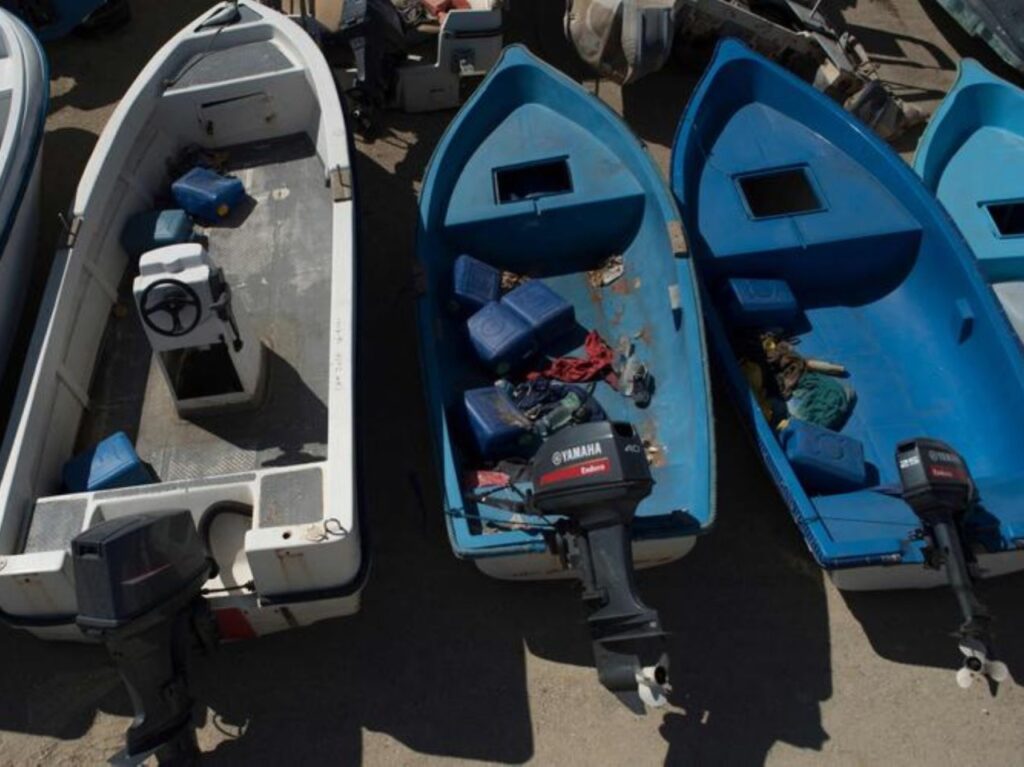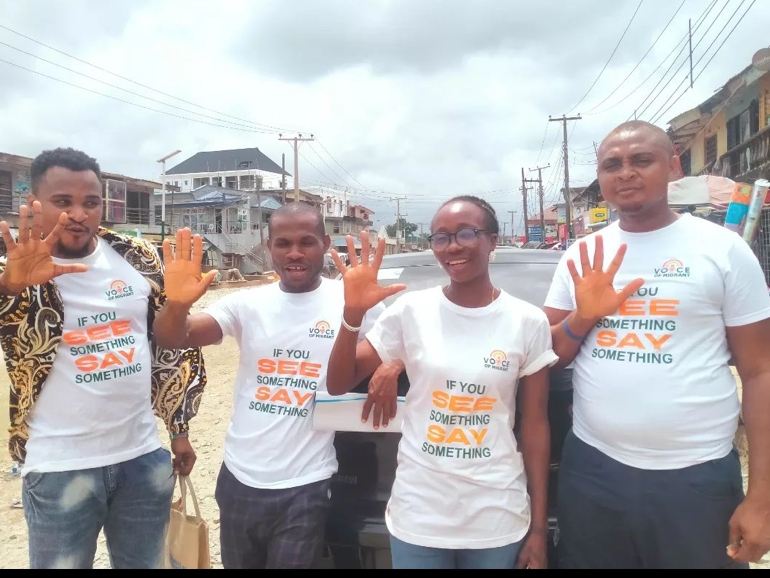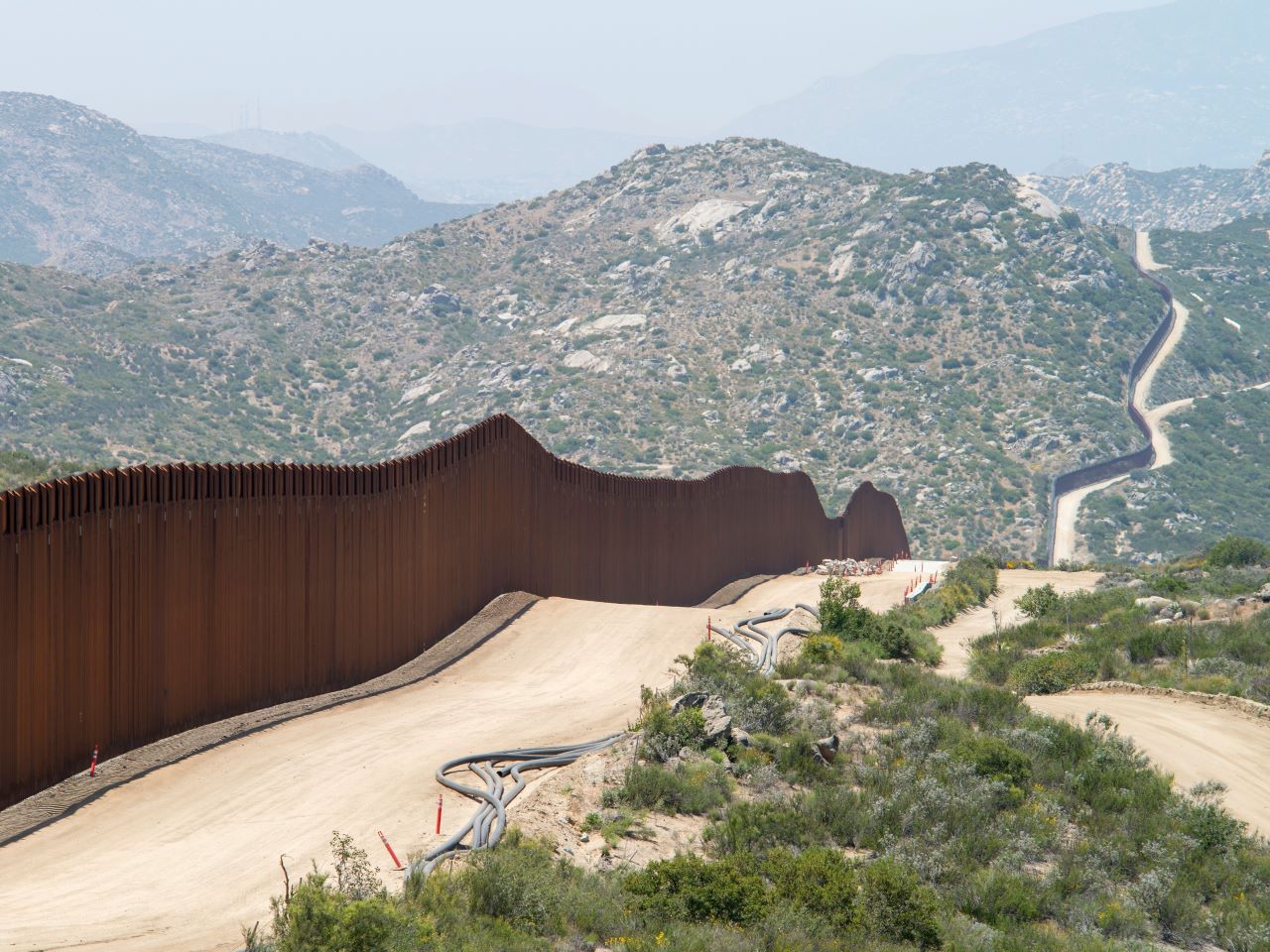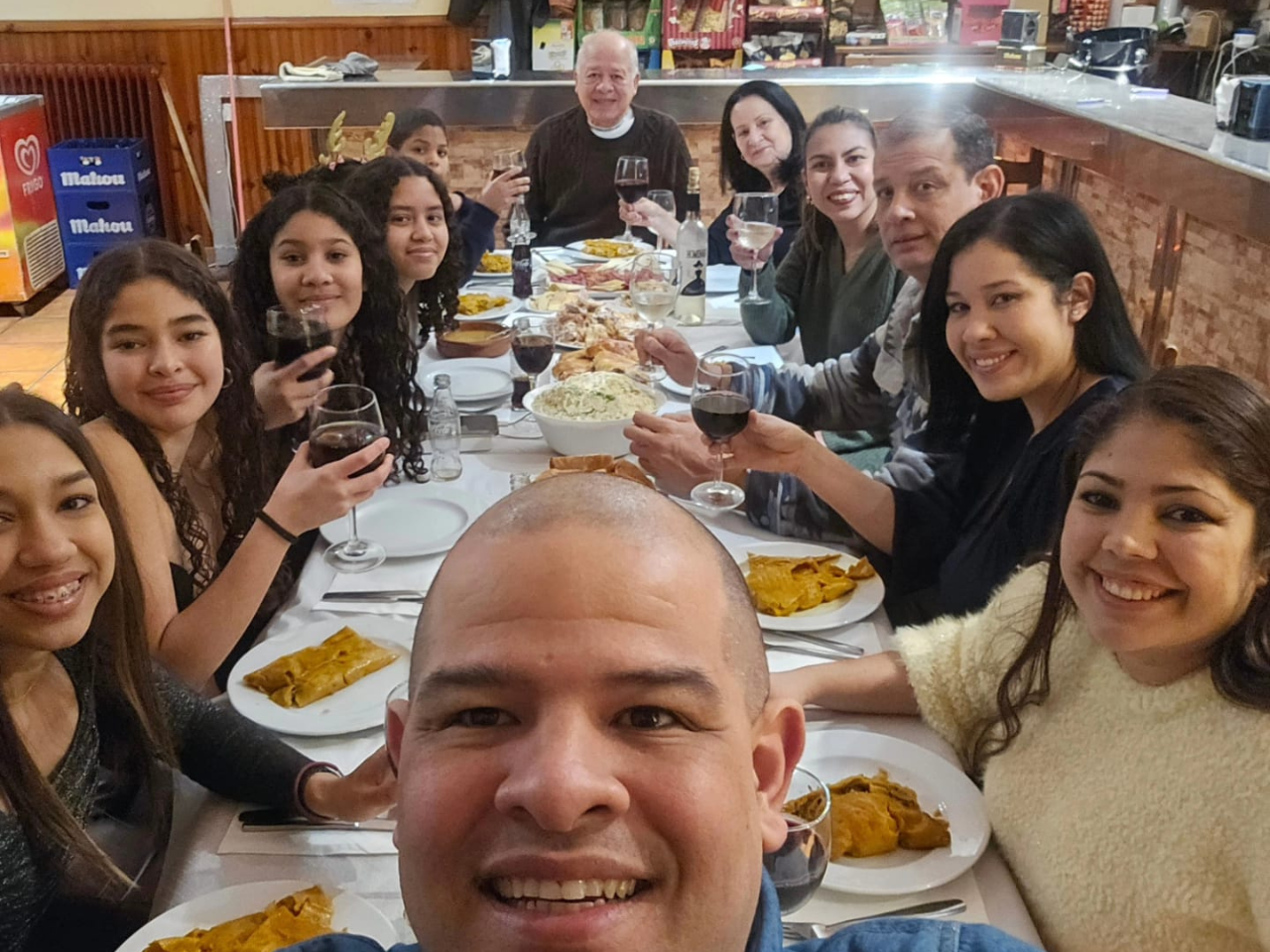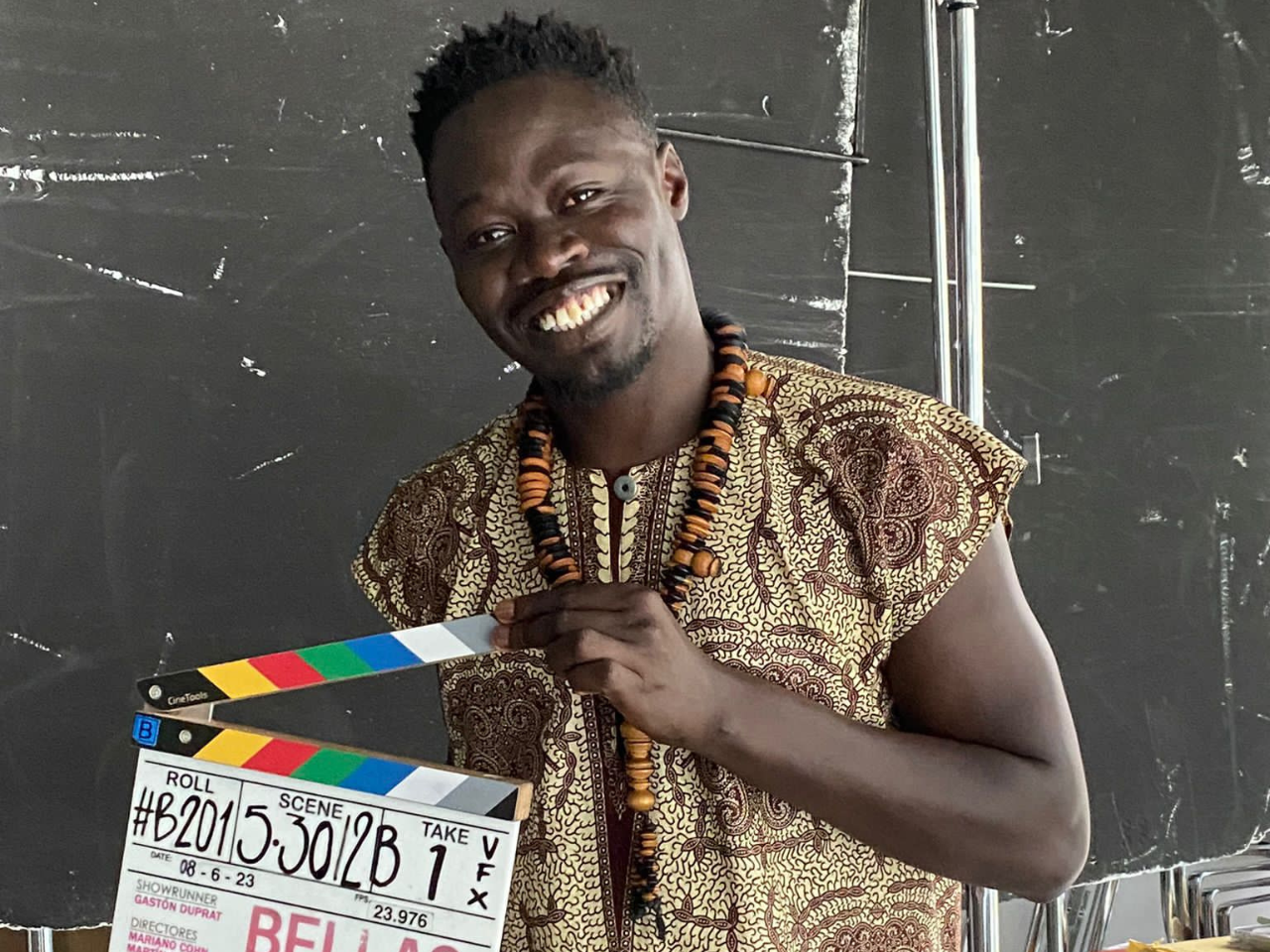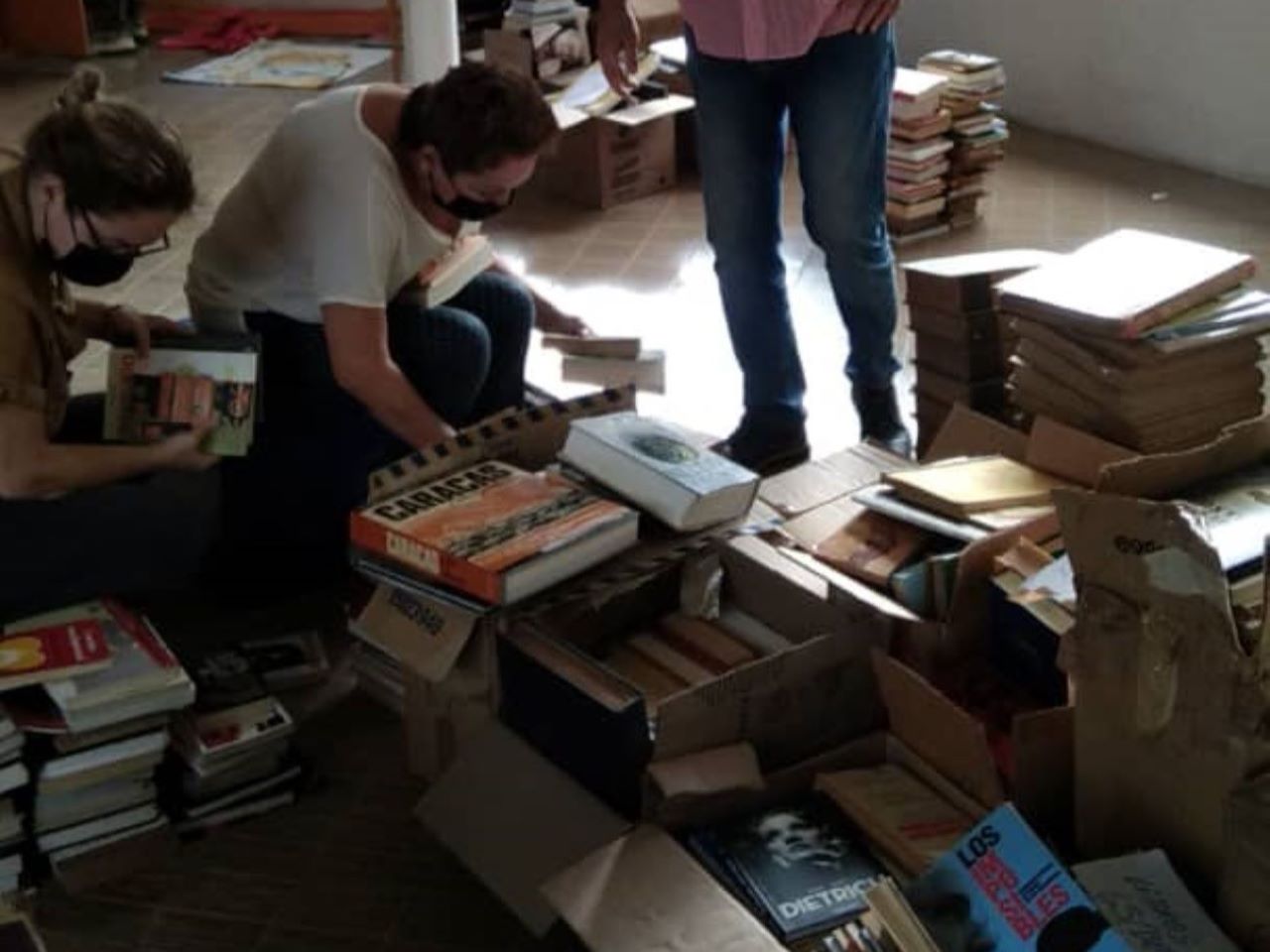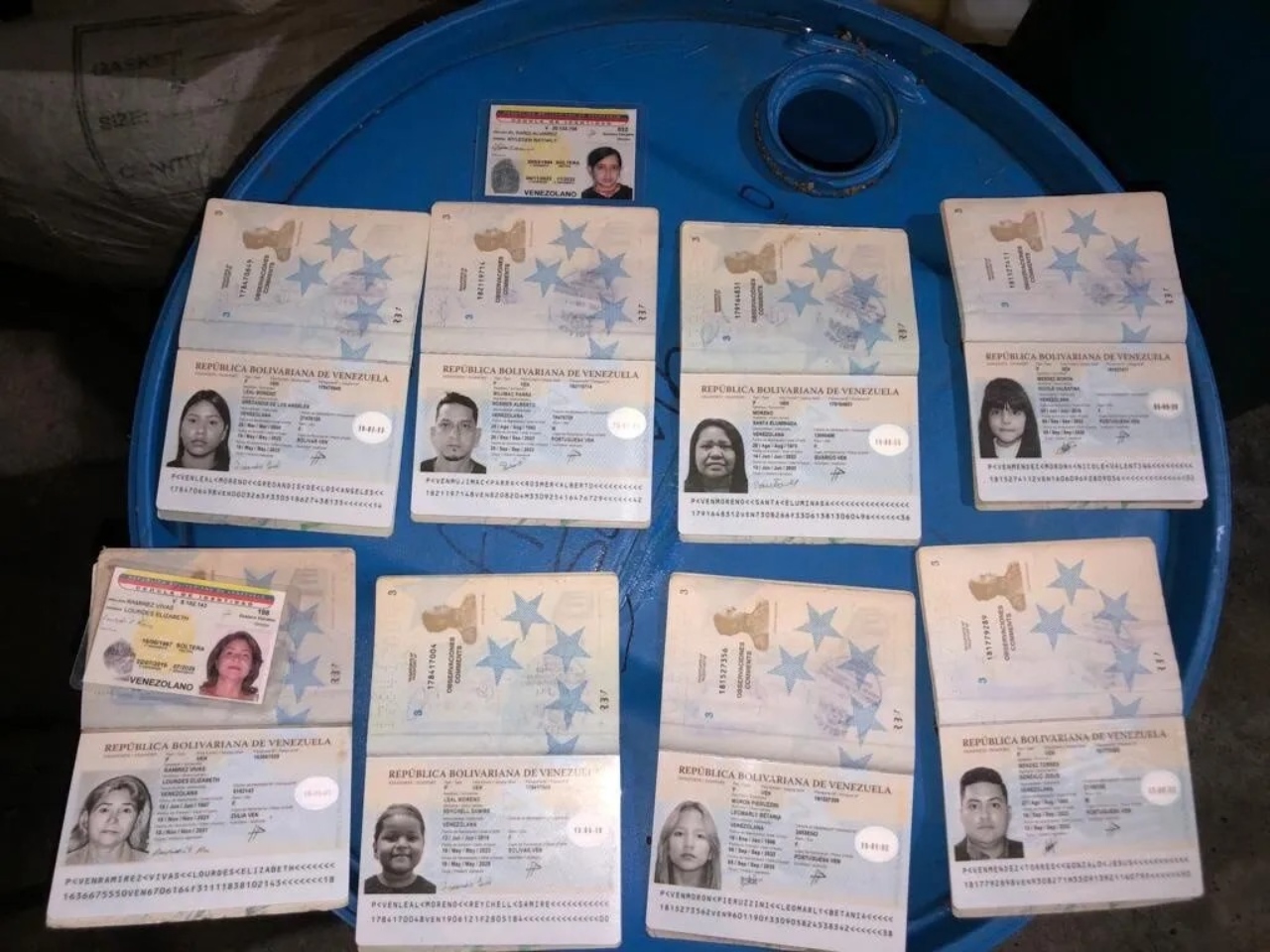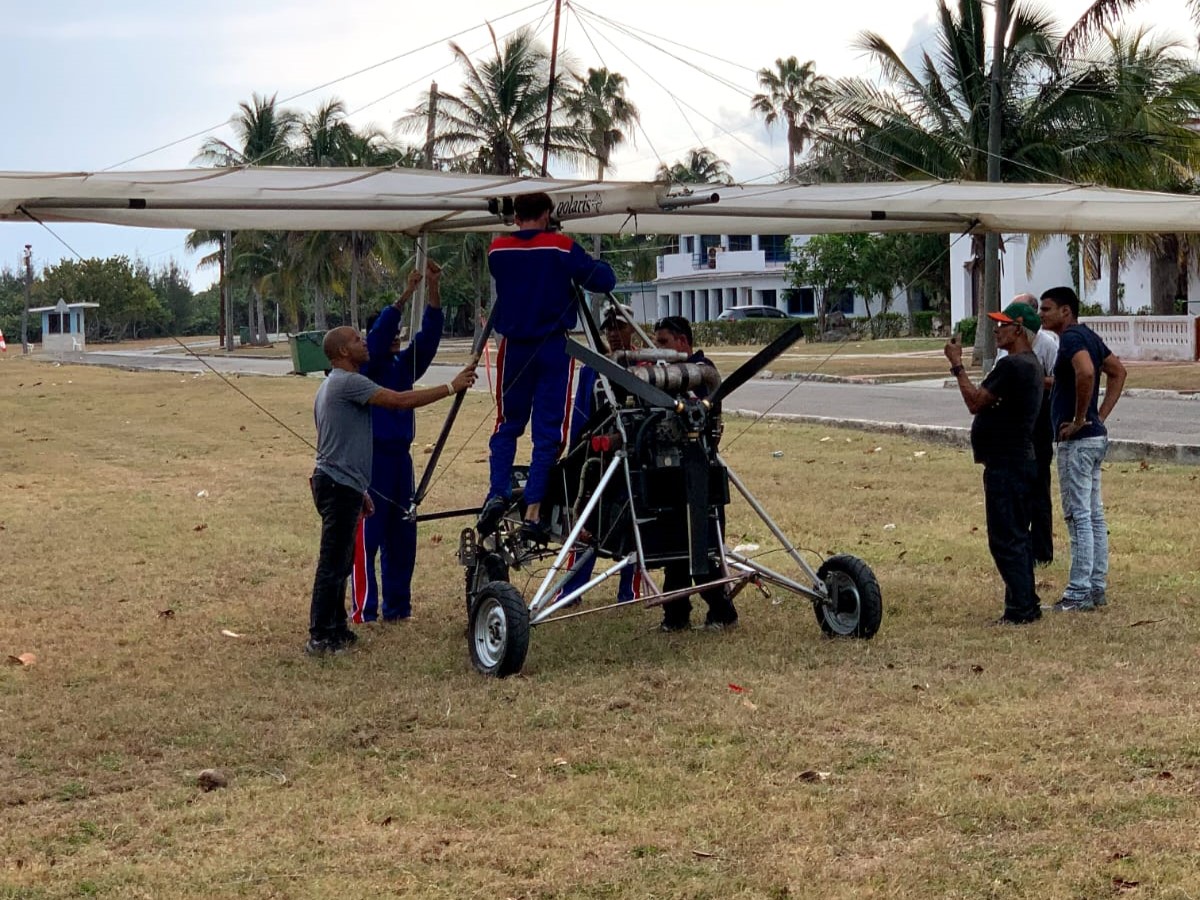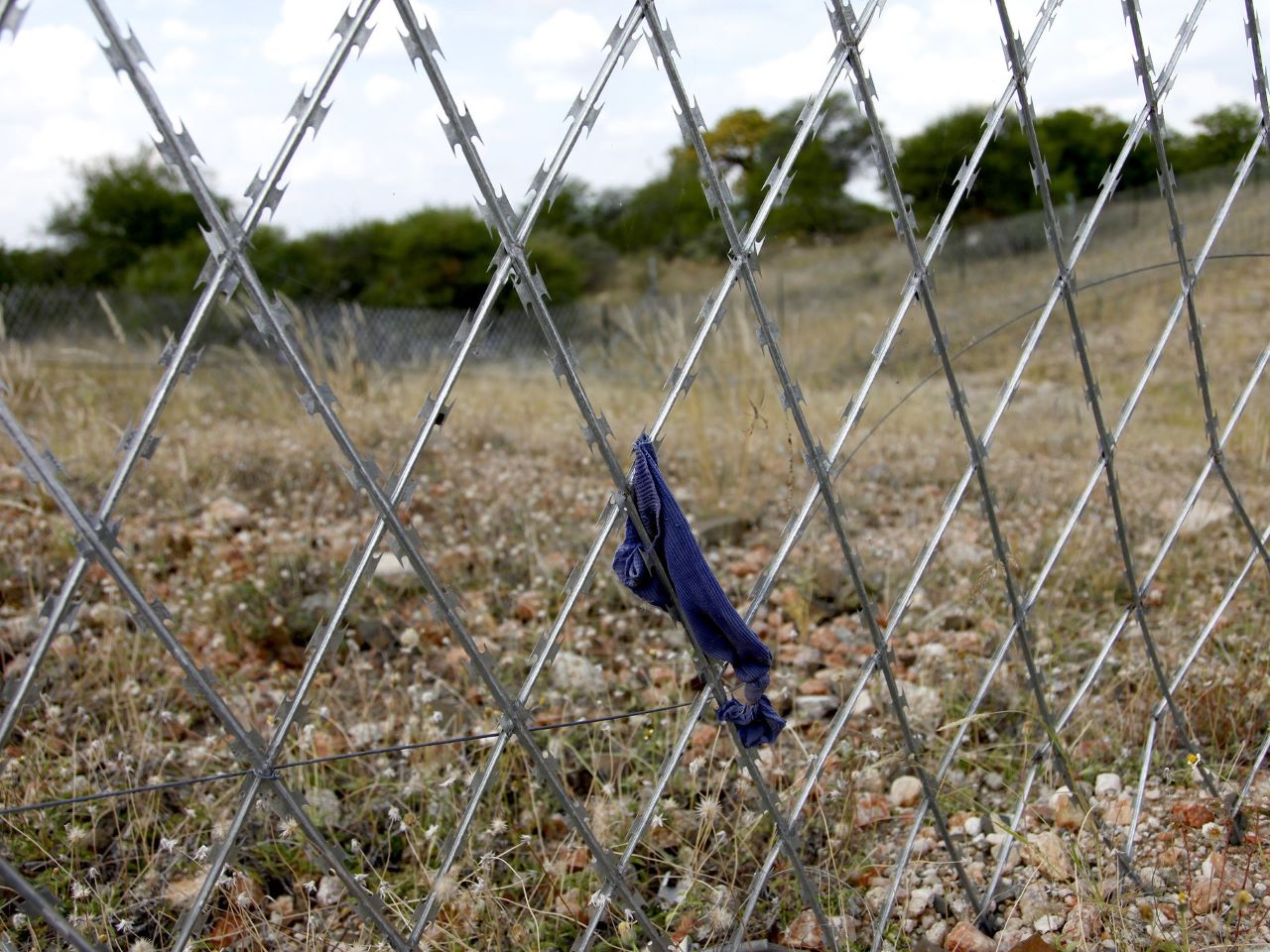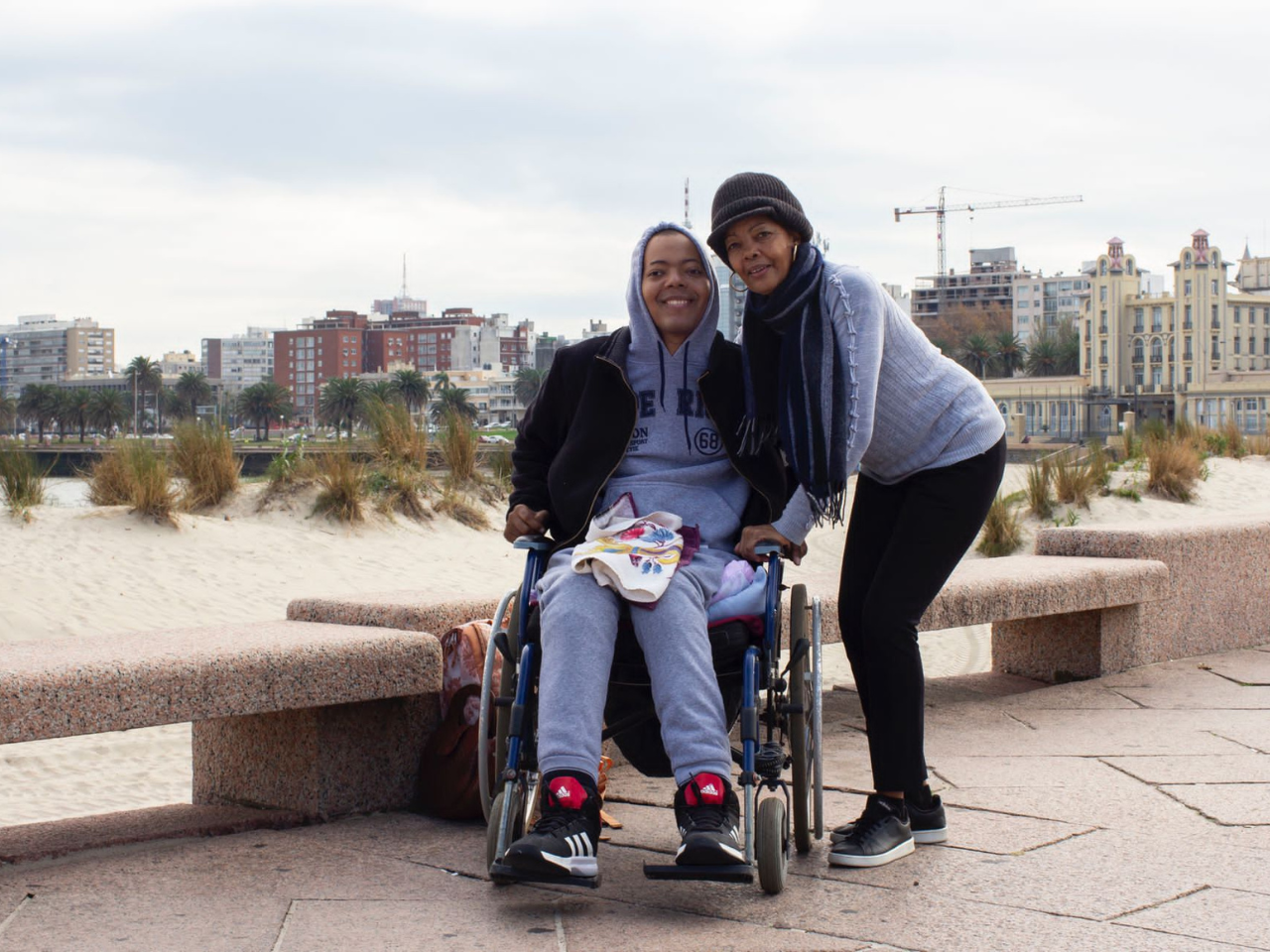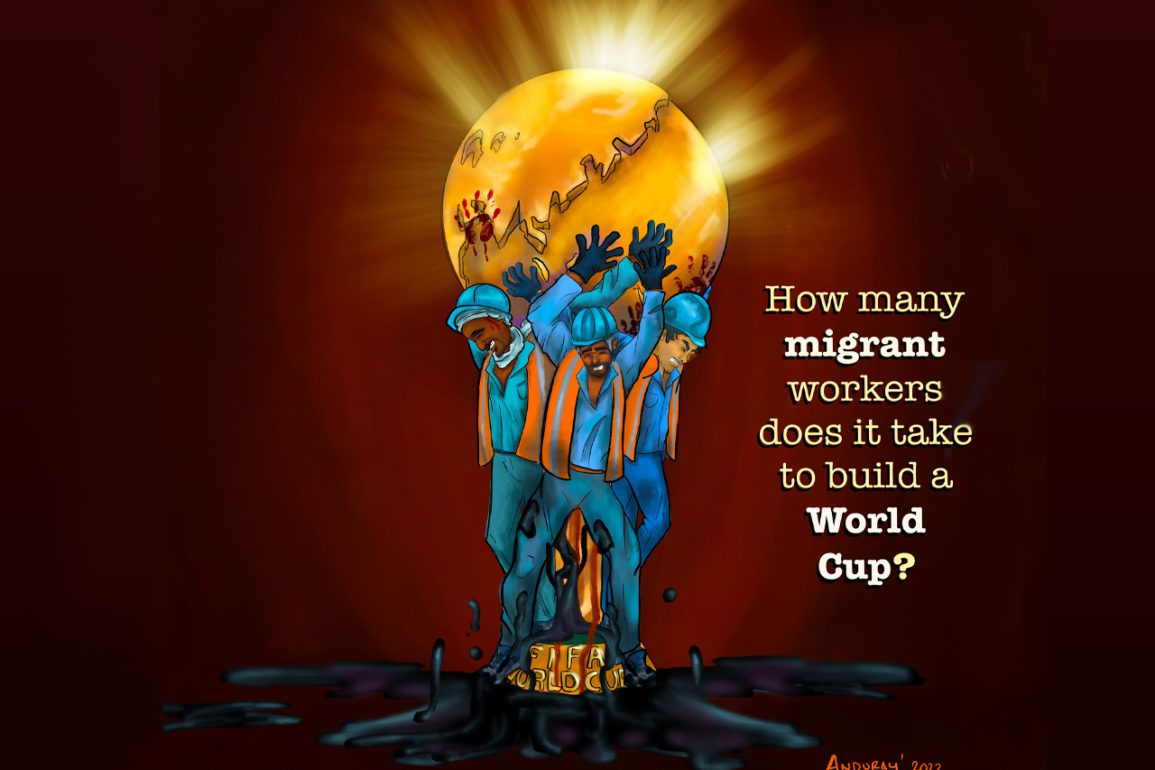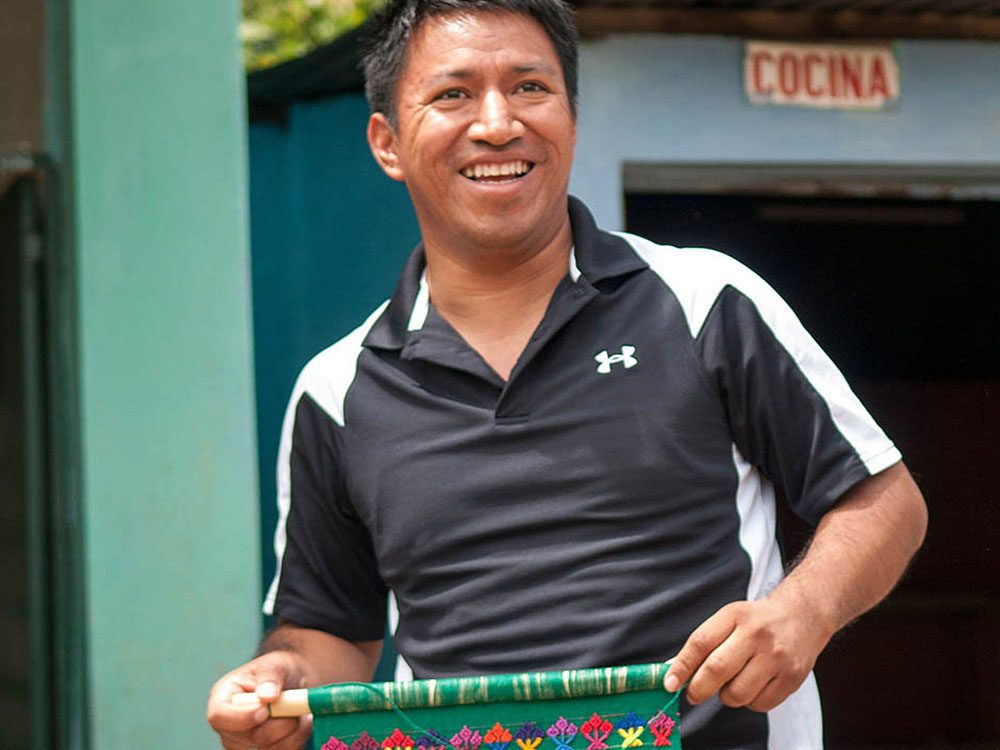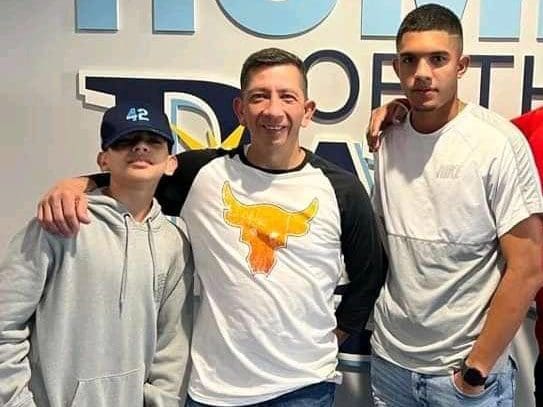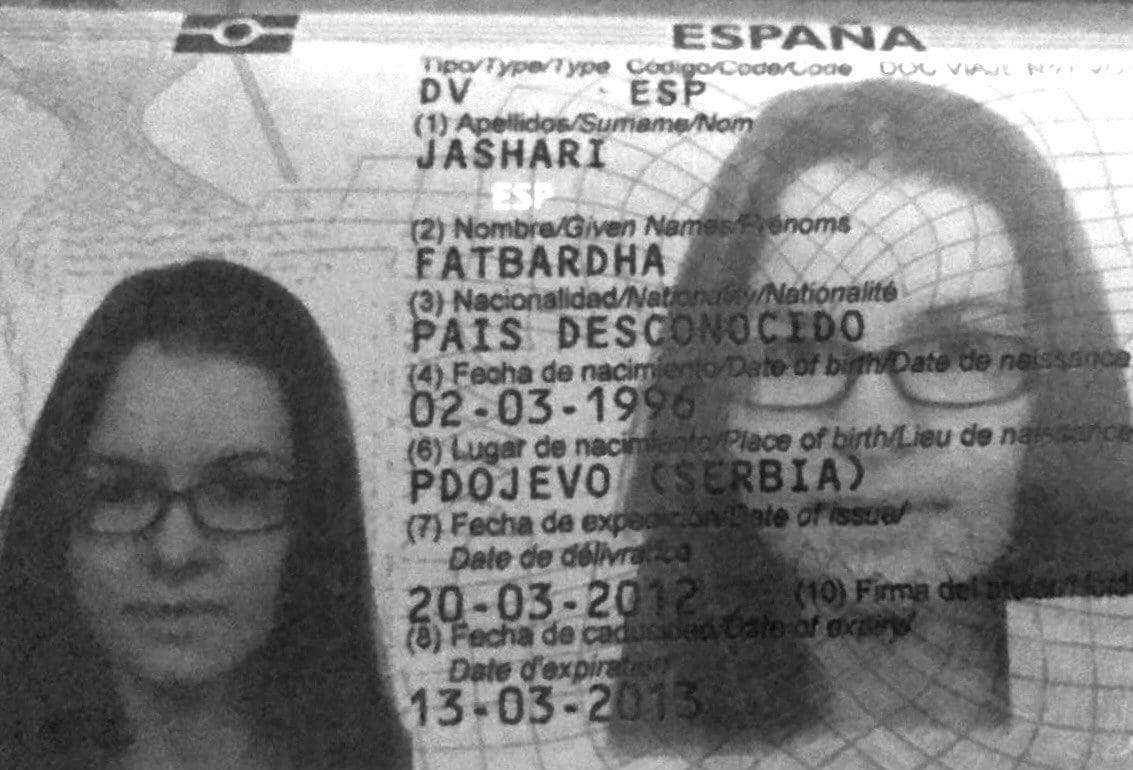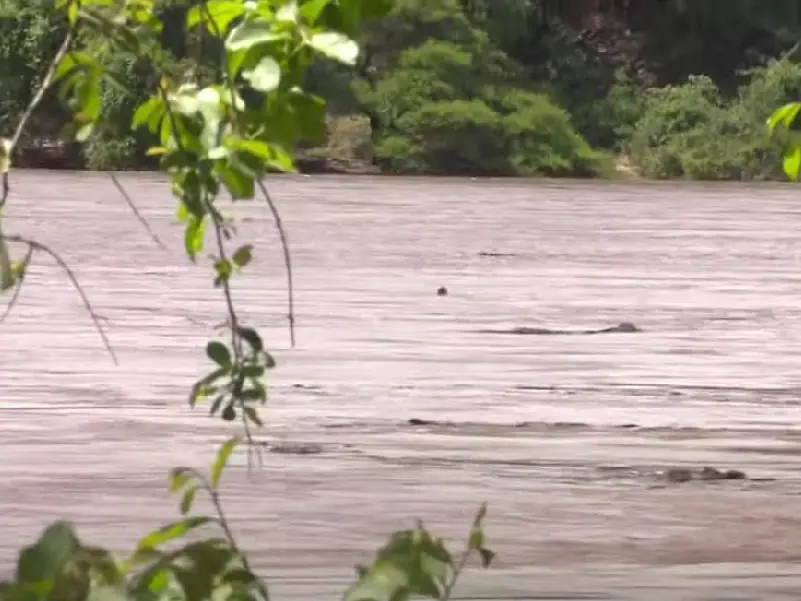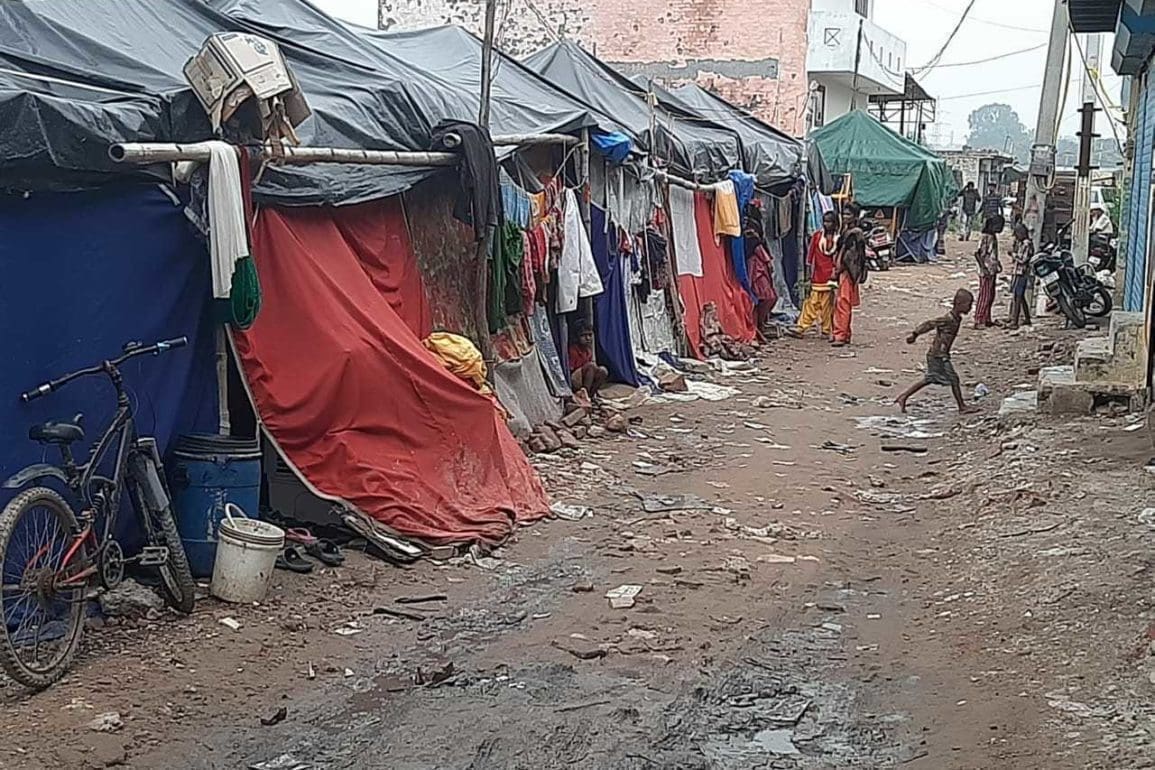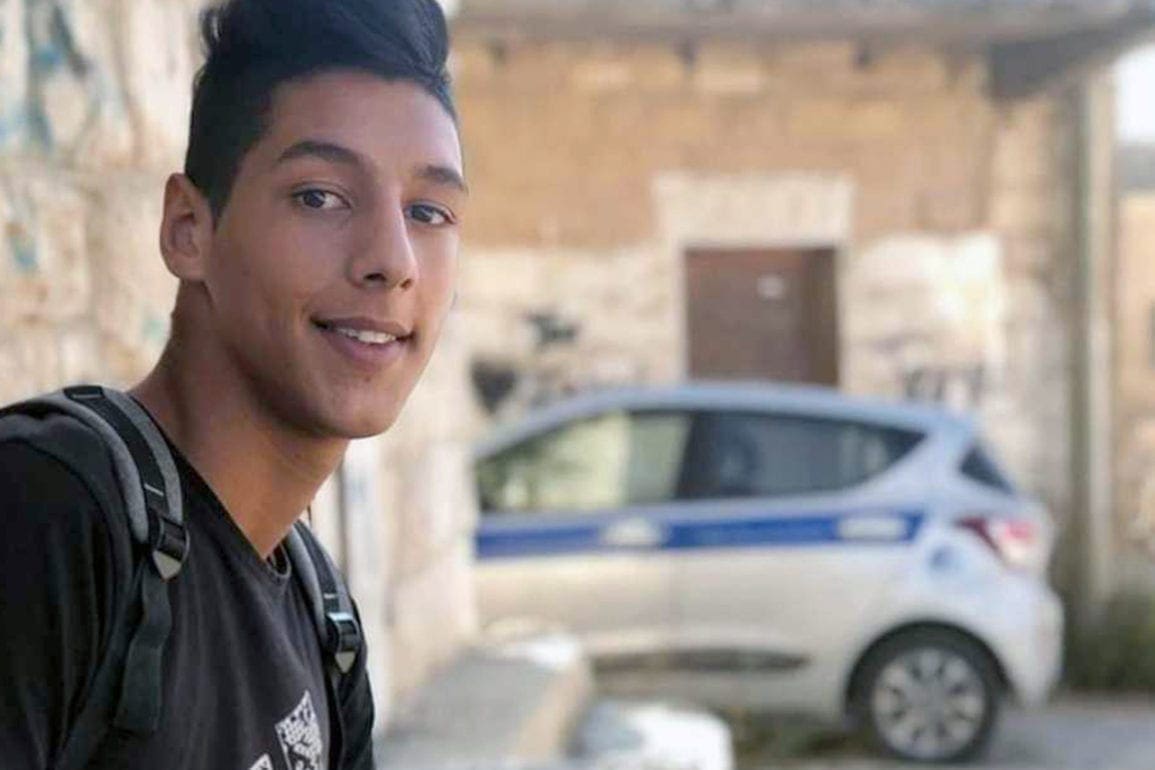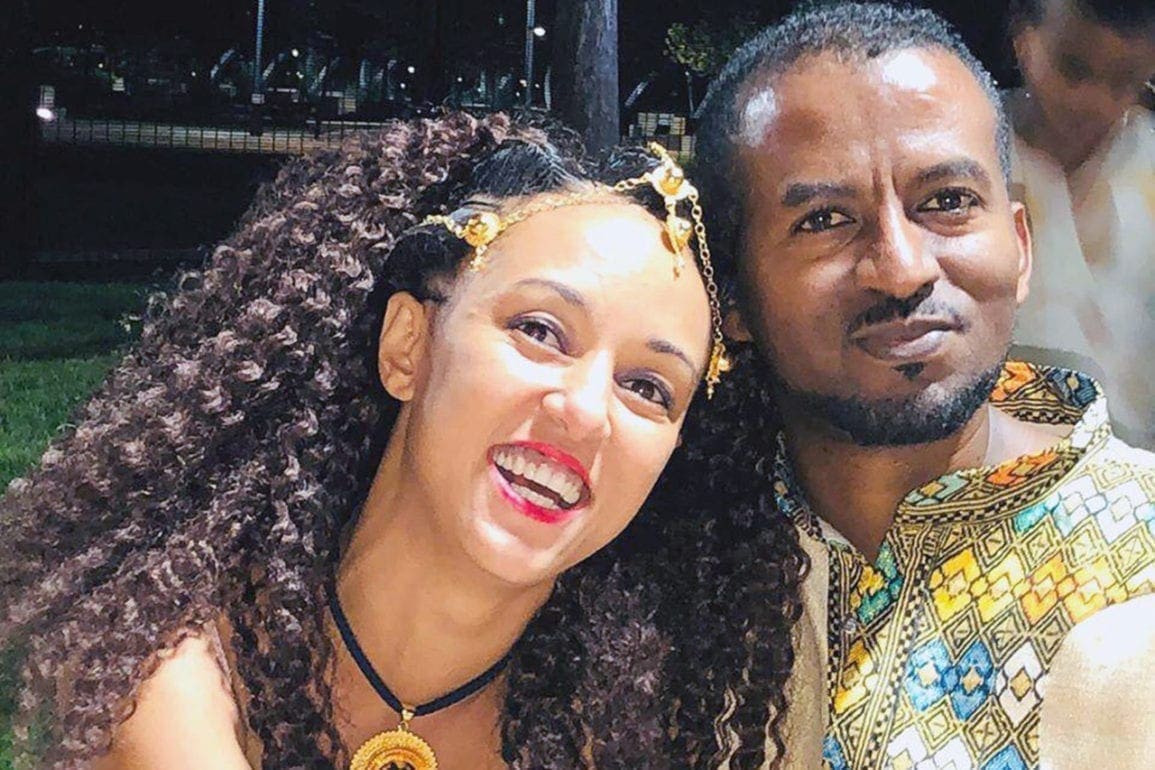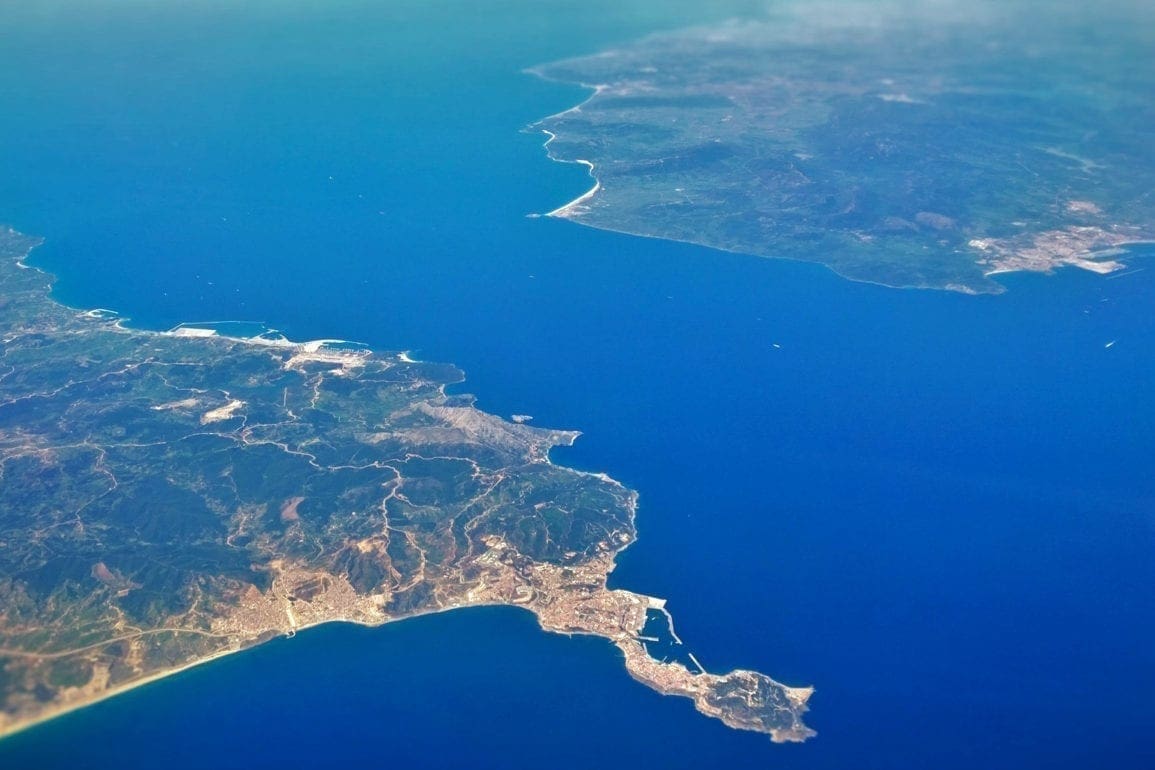Spanish NGO aids grieving families, locates missing migrants in the Mediterranean Sea
Breaking the news was excruciating. “He had dreams of a family, a good job, and a better life,” his mother sobbed as she spoke. While I talked to her, I had a photograph of her son, which she sent me to help with the search. The clothes he wore were the same ones that helped us recognize him. Unfortunately, it was the last image of her son, taken minutes before he boarded the boat.
- 2 years ago
June 26, 2024
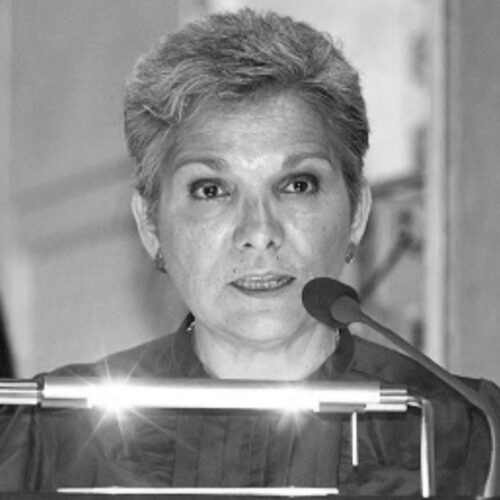
MALAGA, Spain — Along various migration routes, my phone number passes from hand to hand. Families of migrants desperately search me out on social media, and eventually, they call if something goes wrong during their dangerous journey at sea. People inquire about someone they lost, and I confirm whether they are dead or alive. For years, I took the job few others performed: returning the bodies of deceased migrants to their families.
After repatriating the bodies, which families often pay a significant sum for, they frequently reach out to inform us of the results. A silence hangs over both ends of the phone, interrupted only by a heartfelt thank you. With that, our contact concludes, marking the last connection between us and the grieving families.
Read more immigration stories at Orato World Media.
Providing support to families searching for loved ones amid migration crises
Thousands of people from various African countries risk their lives to leave their homelands, seeking what they imagine to be Europe’s El Dorado [a mythical land of immense wealth]. Some fortunate souls arrive safely, but thousands perish in the treacherous sea, leaving their loved ones unable to mourn them. The sea’s shores bear anonymous corpses, grimly testifying to their fate.
Families cannot mourn properly without a body, and without mourning, they cannot bid a proper farewell. Relatives experience uncertainty when they receive no news about their loved ones who set sail on perilous boats. Despite all reason, they cling to the hope that their family members are still alive.
In 2017, this heartbreaking situation prompted me to establish the International Centre for the Identification of Missing Migrants. At that time, authorities recovered an alarming number of bodies from the southern Spanish coasts, most of them unidentified. We endeavor to repatriate these bodies home.
Our organization acts as an intermediary between the administration, the judicial police investigating the case, and the families of migrants. After a fatality, I cross-reference personal data with our databases and search for matches. When I find a match, I promptly contact the families to deliver the distressing but essential news. However, more often than not, they call me first to learn the fate of their loved ones.
During my work, I frequently encounter surnames that echo from previous cases. Early on, I dismissed them as mere coincidences, thinking they may be common names. However, when the data confirms the heartbreaking truth, it feels like reopening a wound, only deeper this time. I recognize the voices of grieving mothers and fathers when they call. They break down when they hear me, recognizing my voice as well.
With every call, families learn the devastating truth: loved ones lost at sea
In the backroom of this migration crisis, pain haunts us, like a constant companion. We pick up the phone, dial the numbers, and wait to hear the ring. Each moment stretches on for an eternity. Then we face the heart-wrenching task: informing a mother or father their child is dead. Denial is their first reaction. They hang up abruptly, convinced it can’t be their child. Yet, when reality crashes in, they call us back. These families feel desperate for confirmation and the return of their loved one’s body. It feels like the only solution to their agony.
I remember a young man in Barcelona. His mother’s call from Morocco brought hope: his brother reached Spain by boat. However, days passed with no direct news reaching us. Relatives of the boat’s companions in France notified the family that the boat safely arrived at the Andalusian coast. They speculated he might be in prison, but the truth proved more devastating.
His brother’s lifeless body arrived in Spain, adrift. Breaking the news felt excruciating. “He had dreams of a family, a good job, and a better life,” his mother sobbed as she spoke. While I talked to her, I had a photograph of her son, which she sent me to help with the search. The clothes he wore were the same ones that helped us recognize him.
Unfortunately, it was the last image of her son, taken minutes before he boarded the boat. His eyes held a vibrant strength, a smile that defied the impending tragedy. This marked the last conversation between mother and son. Like many migrants, this young man saw the risky journey across dangerous waters as his only choice. Yet tragically, it becomes a death sentence for most.
Migrants risk their lives at sea for a better life, leaving families uncertain of their fate
I piece together the shattered lives broken apart by borders and migration, encountering countless deaths and grieving families. With some families, I maintain contact for years as they await news of their missing relatives.
One ongoing case that haunts me concerns the mother of a 22-year-old woman from the Ivory Coast. Her daughter vanished three years ago, and every six months, she calls me, desperate for news. The passage of time weighs heavily, yet she remains determined. Despite the odds, she refuses to give up hope that the sea will one day bring her daughter back into her arms.
Another case that particularly affected me involved a woman searching for her daughter, traveling with her four-year-old son. They embarked on their migration journey in search of a better future. Regrettably, I delivered the heartbreaking news to her mother that her daughter and grandchild died along the way.
This event left a profound impact on me because the mother was my age, and the girl was the same age as my children. The mother proposed leaving her grandson behind, but her daughter refused. The daughter insisted, “Either we live together in a better world, or we die together.” She believed in the allure of distant shores, the siren song that promised hope.
Sadly, they perished together, leaving the mother bereft in grief. In that story, the migrants, including children, armed themselves with makeshift floats made from water bottles and leaped into the sea. They hoped to defy the currents, but as often occurs, the water overcame them. Heartbreakingly, some families lose one child, only to face the same tragedy with another the following year.
The harsh realities of human smuggling by sea
Drug traffickers often use phantom boats—vessels equipped with powerful 450-horsepower engines, which starkly contrast the typical 40 to 70-horsepower engines of pateras [small boats used by migrants]. While accessing a patera will cost around 4,000 euros per person, phantom boats charge an average of 12,000 euros and can reach the peninsula’s coast within a couple of hours. However, traffickers operate these sinister boats in the dark.
Instead of landing on the shore, traffickers stop vessels about 30 meters from the coastline to avoid interception by the Spanish police or Guardia Civil. At this point, traffickers force migrants at gunpoint to jump into the water and swim. Tragically, many drown in their desperate attempt to reach the shore, especially since most of them lack swimming skills.
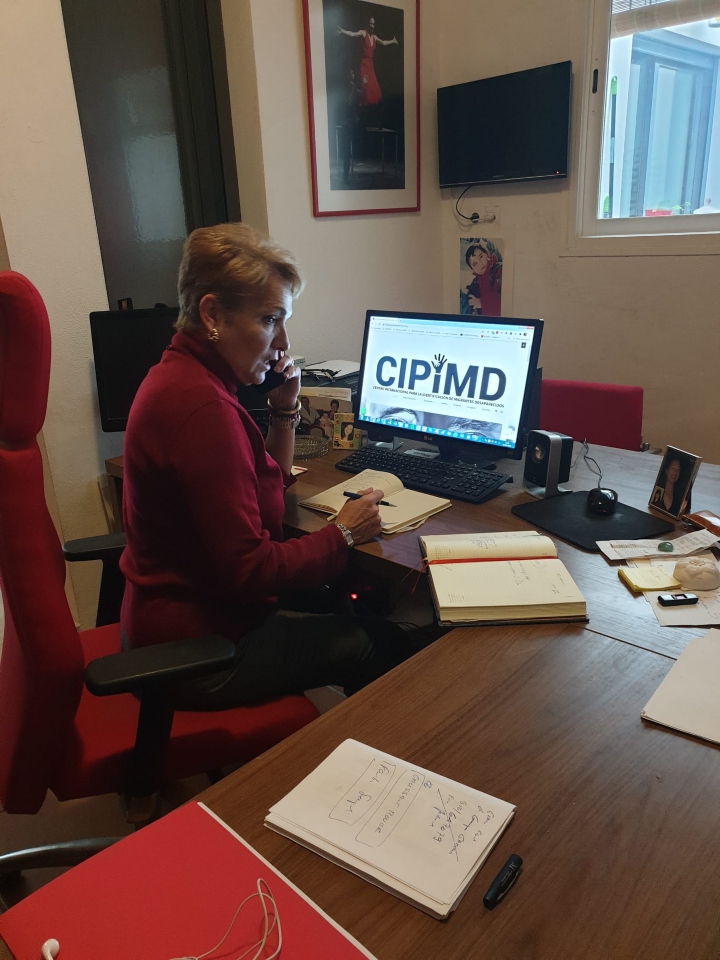
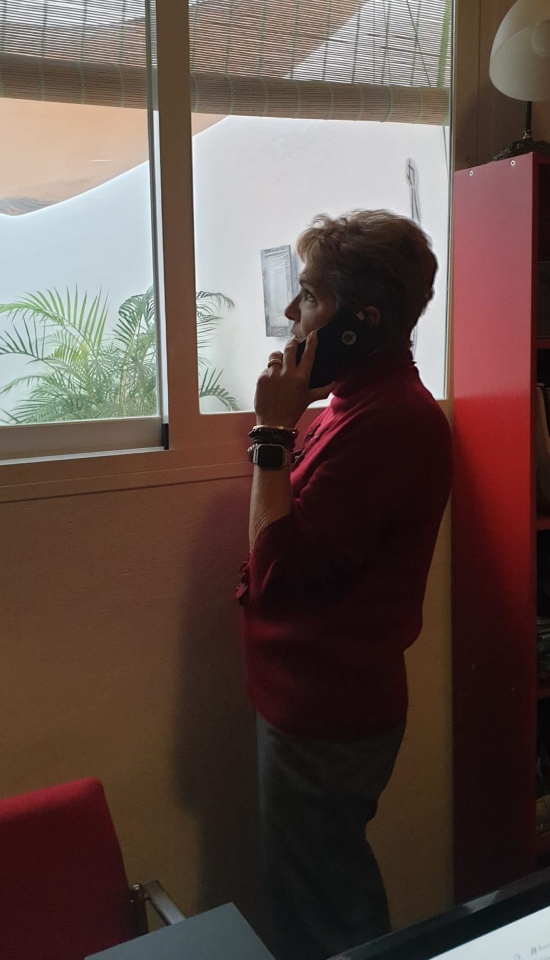
These mafia networks prioritize their lucrative business above all else, viewing human life as expendable. Last week, we encountered a heartbreaking case involving a man from New Guinea. He reached out to us in desperation, seeking help for his brother. Traffickers had intercepted his brother’s boat, kidnapped him, and made him a slave in a clandestine Libyan prison. The captors demanded an impossible ransom for his release. Unfortunately, despite paying exorbitant amounts, selling everything they owned, and going into debt, the cycle often repeats itself. These vulnerable family members risk their lives once more by boarding another boat, only to face interception and captivity all over again.
Migrants in dire conditions cross the Mediterranean, often losing their lives while the world ignores their plight
Migrants often travel across Africa on foot, by truck, or by car, while working along the way. They endure a tough journey spanning years. They pay smugglers until they eventually board a boat, regardless of whether they reach their destination. Unfulfilled dreams drive them, and they seek what they lack in their homeland, eventually living in makeshift dwellings like plastic and cardboard tents under bridges, searching for sustenance from rubbish.
These desperate situations sometimes overwhelm me. My mind pleads, “Why do they risk their lives like this?” Unfortunately, most people ignore reality, while others deny it outright. Despite authorities erecting walls between borders and promoting extreme right-wing rhetoric, migration persists. Climate change also drives up the numbers. The data is staggering as authorities have officially recorded nearly 28,000 deaths since 2014, with countless others lost at sea, swallowed by the Mediterranean.
Migration, an ancient phenomenon, is unstoppable. Those who leave their home countries face unimaginable hardships—war, poverty, hunger, exploitation. Yet, they sacrifice their most precious possession, life itself. They become a human tide, striving to reach European shores against all odds.

